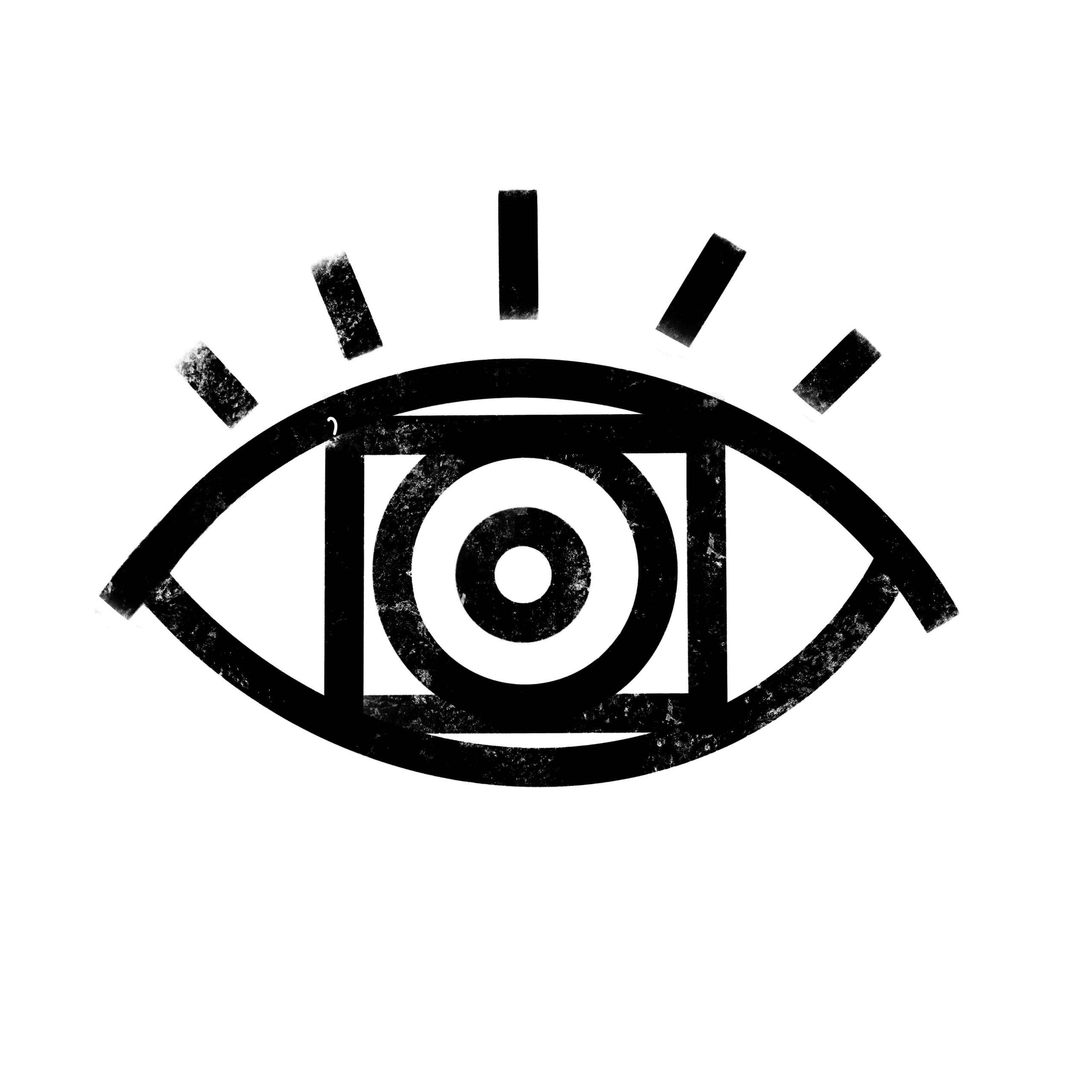Matthew Churcher was born and raised in Desborough, Northamptonshire. He grew up playing music full time before finding a passion for acting. Moving to London to attend the Royal Central School of Speech and Drama, he graduated from the BA Acting: Collaborative & Devised Theatre course in 2014. He has since been in productions such as War Horse, Jayne Eyre and Peter Pan at the National Theatre / Bristol Old Vic. He has appeared in films such as Court Dancer in 2020 and co-directed productions such as ‘Holes’ at the Royal Central School of Speech and Drama. He is also a talented writer and co-wrote ‘Lifeline’ for Delirium theatre in 2020. Matthew loves to work on his own material.
Keep reading to find out how Matthew made it in the industry.
How did you realise what career you wanted?
I grew up playing music and always just loved exploring that. I really loved lyrics, rhythms and the way music made me feel. But I was always interested in acting and performance in general and it was in A-Level when I was doing both music and theatre studies that I realised there was a disparity in the way that I felt about the whole subject. In music I really loved the performance and the writing of the music but it was in theatre studies that I loved everything. I loved the performance, the writing of it, but I also loved the analysis and the theory of it. Just everything about drama really excited me and thought, if I was going to go to music school, university or drama school – I’d rather get into debt and love the entirety of the course rather than just love half of it. And so I switched very last minute from music to go and study jazz, to applying for drama school where I spent three years at the Central School of Speech and Drama on the BA Acting Collaborative and Devised Theatre course. That’s what really excited me, making my own work, making devised theatre and so it was the perfect fit for me to go there. I had a wonderful time!
What are your thoughts acting training?
I think that training is invaluable. Obviously there’s always a hot debate of ‘do you need to go to drama school?’. I don’t think that is the case. I think you can be a fine actor and succeed out there without a formal education.
However, training is still important because essentially what drama school is doing is opening you to many different tools and techniques and giving you a solid block of time – up to three years of being able to solidly invest yourself in the process of discovery. And that, whether it’s at an accredited school or not – I think is important to allow yourself as an artist to be able to explore. So it might not be that setting but it could just be a week with your friends, in a room playing around with some ideas. It could be an online course or a summer school! It could be anything as long as you are challenging yourself so that you’re not just relying purely upon instinct and your own experience. Because I think that has a limit and we want to be able to push beyond that and draw upon things that aren’t yet at our fingertips.
I think that’s one of the beautiful things about art, it challenges us and I, myself as an artist like to be challenged. So going to workshops, seminars and masterclasses about things I don’t know anything about, I might struggle with or know I won’t be good at, I’m not going there to be good at them, I’m going there to learn and see what it can offer me in my practice and allow me to develop my own practice. So for me drama school was a great opportunity because it gave me that time and space to develop. And that’s only continued in the work that I’ve done since.
How do make sure you stay clued up in the industry?
I’ve been very lucky to work with many different theatre companies and directors and practitioners who have all offered within their own process, something new to me. They’ve all approached the work differently and challenged me with different things to take on, whether that be a role or a technique. For example, I hadn’t really done much puppetry before; I went into a show that required puppetry and now that’s part of my skillset and I can use it in productions or not, but it’s there for me to be able to explore. It’s a way of storytelling and connecting to an audience.
So I think challenge yourself all the time! iampro is a great platform for that as well because you’ve got so much at your disposal to investigate and to learn from and it’s up to you to keep pulling at that thread and learn how far you want to take it. Nobody is going to force you to train or apply yourself to something. It really depends upon how much you want it or are curious about it. I think that’s the sense of having the open curiosity to play. You’ll hear actors talk about that alot, and directors want a sense of play in what they do, it’s something we did naturally as kids – try to rediscover that place.
What advice would you give to someone trying to break into acting?
Any advice I’d give on surviving would be about remaining open and having a thick enough skin to be able to weather the storm and take these knocks that we’ll inevitably get, because we can’t get every audition that we go for. But also having a thin enough skin to remain sensitive and available to the work. What we do as actors and as artists is essentially make ourselves vulnerable. We want to be able to connect to our emotions and be able to translate that into the work that we do. And I think sometimes after so many knocks or missed starts we can harden to try and protect ourselves. It’s a natural thing to do, to want to protect our body and emotions so we kind of shut off which, for an artist, isn’t ideal. So it’s trying to find this line where you can protect yourself and be a robust human but still be available to that emotionality and let yourself be vulnerable in-front of others. And I think that comes through relation with other people, through your fellow actors. Not viewing others as competition, but people to learn from, to engage with and to share with. I think it opens us up as we become in a relation to something outside of ourselves. We develop a greater sense of empathy and acting all about empathy, so really go out and connect with people.
That’s what platforms like iampro are great for because there’s a community here. Sometimes it feels like the community is disparate because we’re all trying to do our own thing, we’re all trying to make it but actually trying to invest in that community you have around you I think is invaluable.
Learn to act with Matthew
Join Matthew in ‘Creative Writing Part 1‘ and ‘Creative Writing Part 2‘ to learn why writing is important for every performer and get inspired to start writing your own pieces.
You can also join Matthew in our live courses as part of the Foundations of Acting Course. He covers Acting Technique where you will look at a range of different acting techniques to help you discover and hone your own process and skills. By looking at practitioners, you will become inspired to be curious about your relationship with your acting technique.
As well as this he also covers Audition Technique which will set you down the path to discovering your own audition process, so that you’ll be well armed for when those auditions come in.
Tweet Matthew
Follow Matthew on Instagram
Sign up to our newsletter and start your journey with iampro today.
Tweet iampro
Follow iampro on Instagram
Follow iampro on Facebook

